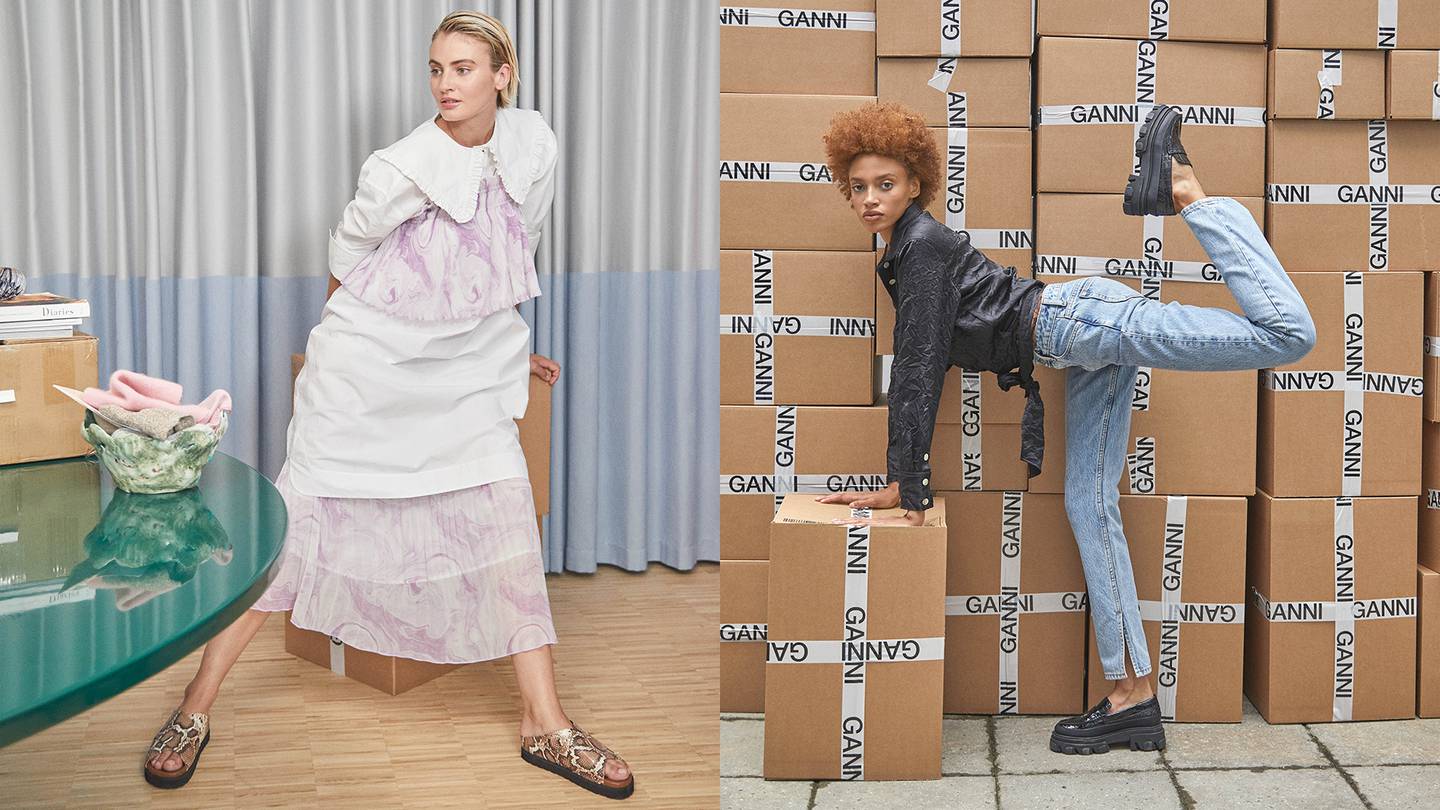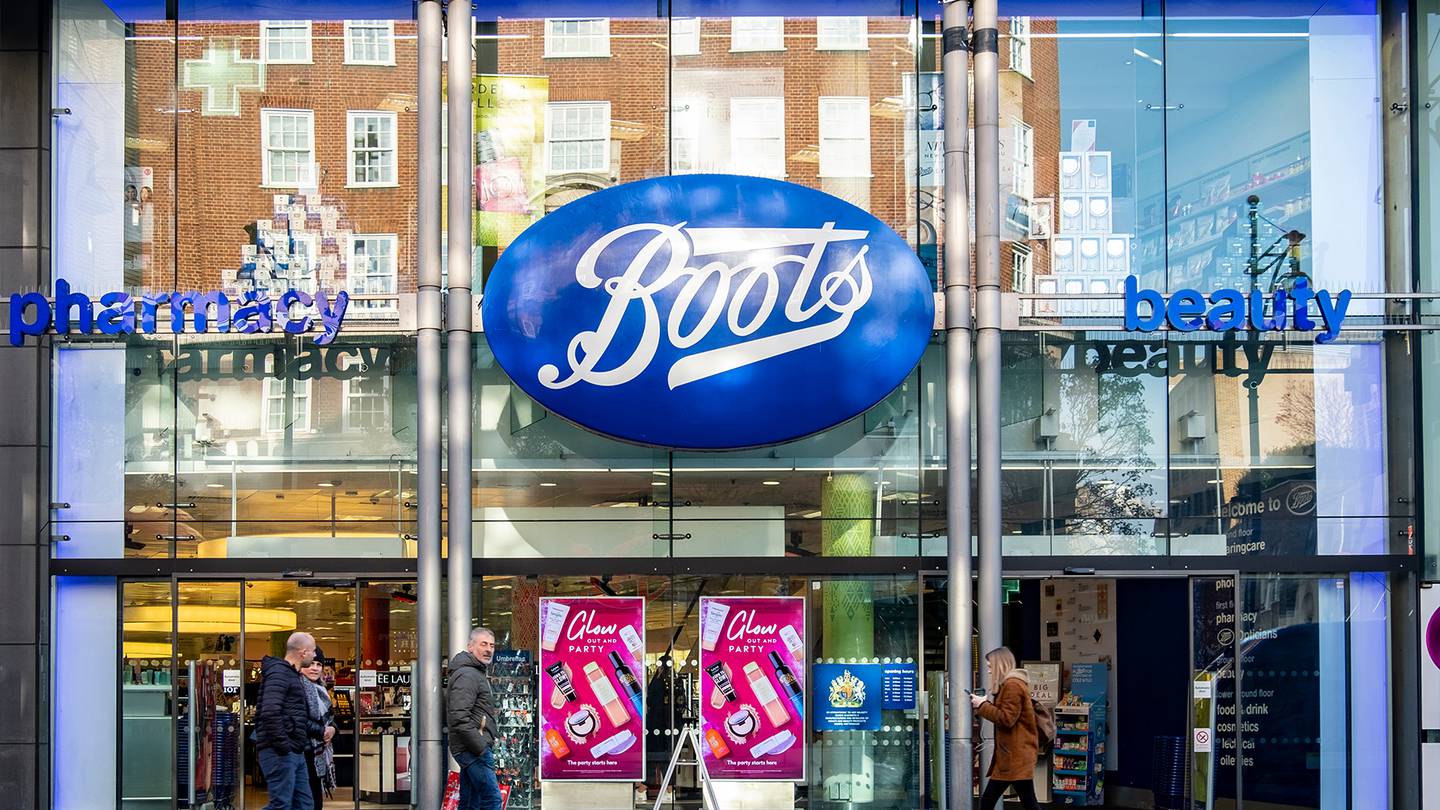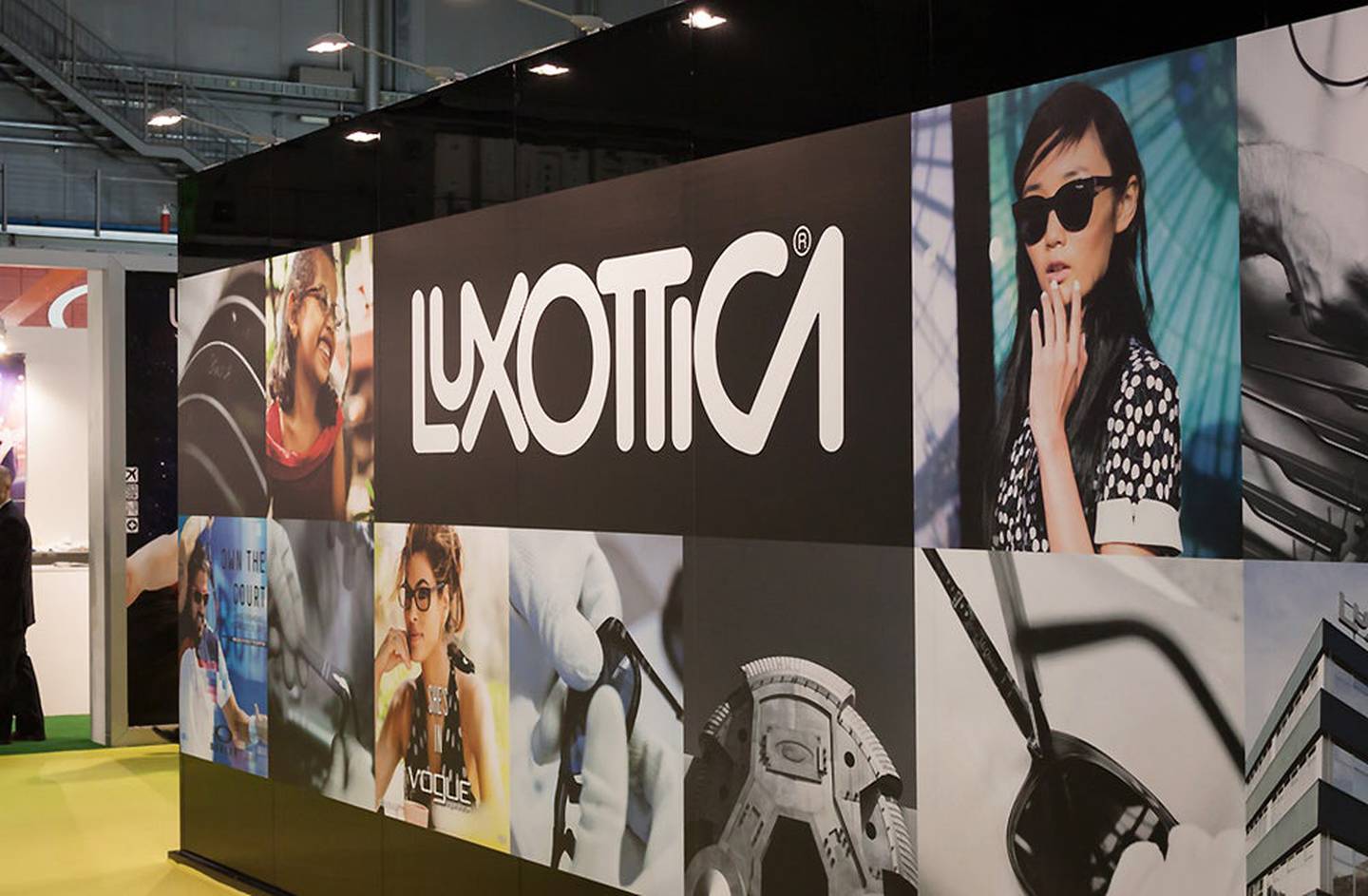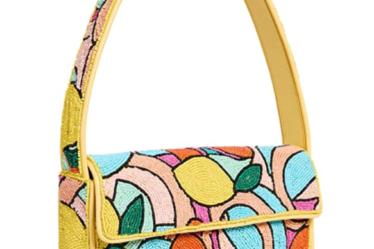
Following the US Supreme Court’s decision on June 24 to overturn Roe v. Wade, the 1973 ruling that guaranteed Americans the right to an abortion, fashion and beauty companies have been quick to condemn the decision. For an industry made up largely of women, the challenge now is to turn words into meaningful action.
A handful of firms across the industry have already announced plans to provide financial and other support for employees seeking abortion care, including those who must now travel to another state for an abortion. Nike, for example, said it will cover travel expenses up to $10,000; Dick’s Sporting Goods will reimburse employees up to $4,000; and Patagonia pledged to pay travel, lodging and food for employees on its health care plans and provide bail to staff arrested for peacefully protesting the Supreme Court ruling.
While the number of companies voicing their reactions to the ruling over the past week has steadily risen, most brands have not clarified exactly how they plan to provide abortion-related benefits. One reason might be that as the dust begins to settle, it’s increasingly clear that crafting and implementing these policies begs a host of ethical and legal questions that need addressing.
One key question is how far into a labour force should a policy reach? According to many of the announcements, companies will be offering abortion-related benefits to employees already enrolled in their health care plans — that is, full-time staffers, who are often based in corporate offices rather than, say, those working in stores, who are typically paid by the hour and part-time. Such moves are laudable, but the truth of the matter is that as well-intentioned as these policies might be, if they don’t include hourly workers, they’re not helping those most likely to be impacted: non-white, lower-income individuals and households.
Some companies are working to correct this: Levi’s said it has “a process in place” through which part-time hourly workers can seek reimbursement for abortion-related travel costs.
In addition, many companies rolling out these policies are based in states where abortion is and is likely to remain legal, such as California or New York. A fashion brand based in one of these states promising travel reimbursement, for example, may not ever have to act on their pledge. However, the rising popularity of remote work could mean that more employees are based outside of the state where their company is headquartered.
The new policies also bring up privacy concerns, with questions arising about whether employees will be required to disclose their abortion decisions to their companies in order to take up the benefit. Early solutions are emerging, with some companies tweaking the wording on policies so that employees could use the benefit without disclosing their circumstances. Others will have their employees submit claims through insurance providers or other third parties circumventing interactions with their managers and other company personnel.
Meanwhile, companies will need to determine what the consequences of these policies will be for their own businesses. They will have to work with legal teams to ascertain whether any assistance they provide could result in civil or criminal liability for aiding and abetting abortion access in states where the procedure is banned. It is uncharted territory, for sure. And though roughly 60 percent of Americans are in favour of unrestricted access to abortion, per Pew Research Center data, some companies may be wary of falling foul of those on the other side of the issue.
Women’s rights activists, social media users and prominent fashion figures are already sounding the alarm on a mismatch between big brands’ rhetoric and what’s happening behind the scenes. Sceptics are criticising some statements as marketing ploys or attempts to curry favour with current and prospective employees in today’s tight labour market. In her newsletter, writer Amy Odell pointed to contributions from brands that have publicly vowed to support women’s reproductive rights, like Nike, Victoria’s Secret and The Gap, to political action committees supporting pro-life politicians. (It’s worth noting, though, that most large companies have historically split political contributions across candidates on both sides of the aisle.)
It is too soon to say what a best-in-class policy will be for the industry in the long term. But what is already certain is that consumers and employees alike are looking for more than broad-brush Roe v. Wade statements that simply aim to placate the masses and don’t indicate a meaningful expansion of existing health care benefits.
THE NEWS IN BRIEF
FASHION, BUSINESS AND THE ECONOMY
Report: L Catterton to sell Ganni in up to $700 million deal. The Danish label has hired boutique investment bank Lazard to run the sale process, which has attracted interest from Chinese buyers, according to sources.
Nike quarterly revenue beats on athletic wear demand. The company reported fourth-quarter revenue of $12.23 billion, compared with estimates of $12.06 billion, according to IBES data from Refinitiv. Nike’s net income fell to $1.44 billion, or 90 cents per share, in the quarter ended May 31, from $1.51 billion, or 93 cents per share, a year earlier.
H&M reports jump in profit as shoppers rush back to stores. Pretax profit at the Swedish low-cost retailer rose by a third to 4.78 billion kronor ($470 million) in the three months through May, the company said Wednesday. Analysts had expected 3.98 billion kronor. Still, H&M said sales could fall 6 percent in June as the war in Ukraine weighs.
Jacquemus, now Nike-approved, opens “new era” in Provence. Jacquemus returned to his native Provence on Monday to reveal his latest collection on top of a mountain of salt at a mine in the Camargue lowlands. Interest in the brand has exploded throughout the pandemic, speeding its transition from up-and-comer to global name.
Marc Jacobs shows latest runway collection in aftermath of Roe decision. Instead of looking as deflated as many in America feel right now, Jacobs’ models were elongated, uplifted in towering platform Mary Janes, their silhouettes in many cases as narrow as the marble hallway of the New York Public Library where they walked.
Sustainable Apparel Coalition “pauses” environmental product labels after regulatory crackdown. The organisation will “pause the consumer facing transparency programme globally” as it works with regulators and consumer agencies “to better understand how to substantiate product level claims with trusted and credible data,” chief executive Amina Razvi said in a statement.
Silk start-up Evolved by Nature raises $120 million. The company closed a Series C funding round, led by Teachers’ Venture Growth (TVG), the late-stage venture arm of the Ontario Teachers’ Pension Plan Board, and Senator Investment Group. Several existing investors, including Chanel and Mousse Partners, also participated in the round.
Russia’s fashion industry looks for the silver lining. Scores of Western designer labels have quit Russia as part of a backlash against Moscow’s decision to send troops into Ukraine, leaving their domestic competitors to take centre stage. But, at Moscow Fashion Week, industry professionals said seizing that opportunity would not be easy.
Brooklyn Museum exhibit honours Virgil Abloh. ‘Virgil Abloh: Figures of Speech’ features never-before-seen archival material, as well as pieces the late designer created for Louis Vuitton, Off-White and Ikea.
BEAUTY

Walgreens shelves pharmacy Boots’ sale as market turmoil hits dealmaking. Walgreens Boots Alliance on Tuesday scrapped the plan to sell its UK high street pharmacy chain, Boots, saying no third party was able to make an adequate offer due to the turmoil in global financial markets.
PEOPLE

Luxottica founder Leonardo Del Vecchio dies at 87. The billionaire founder of Luxottica, rose from childhood poverty to build the eyewear empire which owns brands such as Ray-Ban and Oakley. He remained executive chairman of EssilorLuxottica until December 2020 when he handed leadership to chief executive Francesco Milleri.
Isabella Burley named chief marketing officer at Acne Studios. In her new role at the Swedish label, the former Dazed editor-in-chief will oversee brand image as well as global marketing and communications efforts. Burley will remain based in London.
Compiled by Joan Kennedy.



